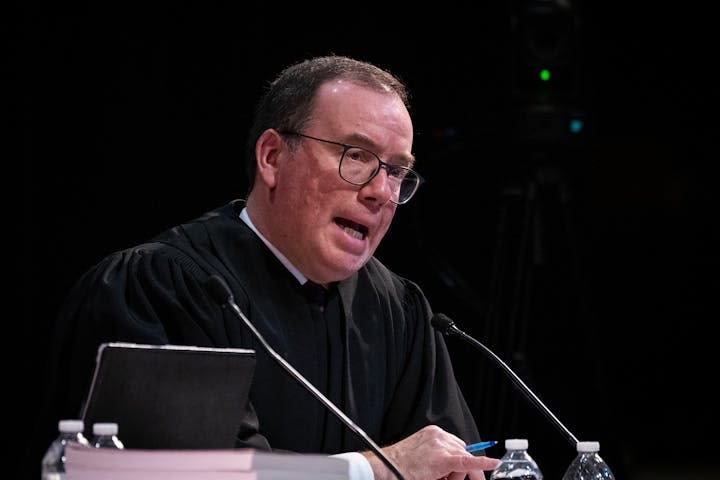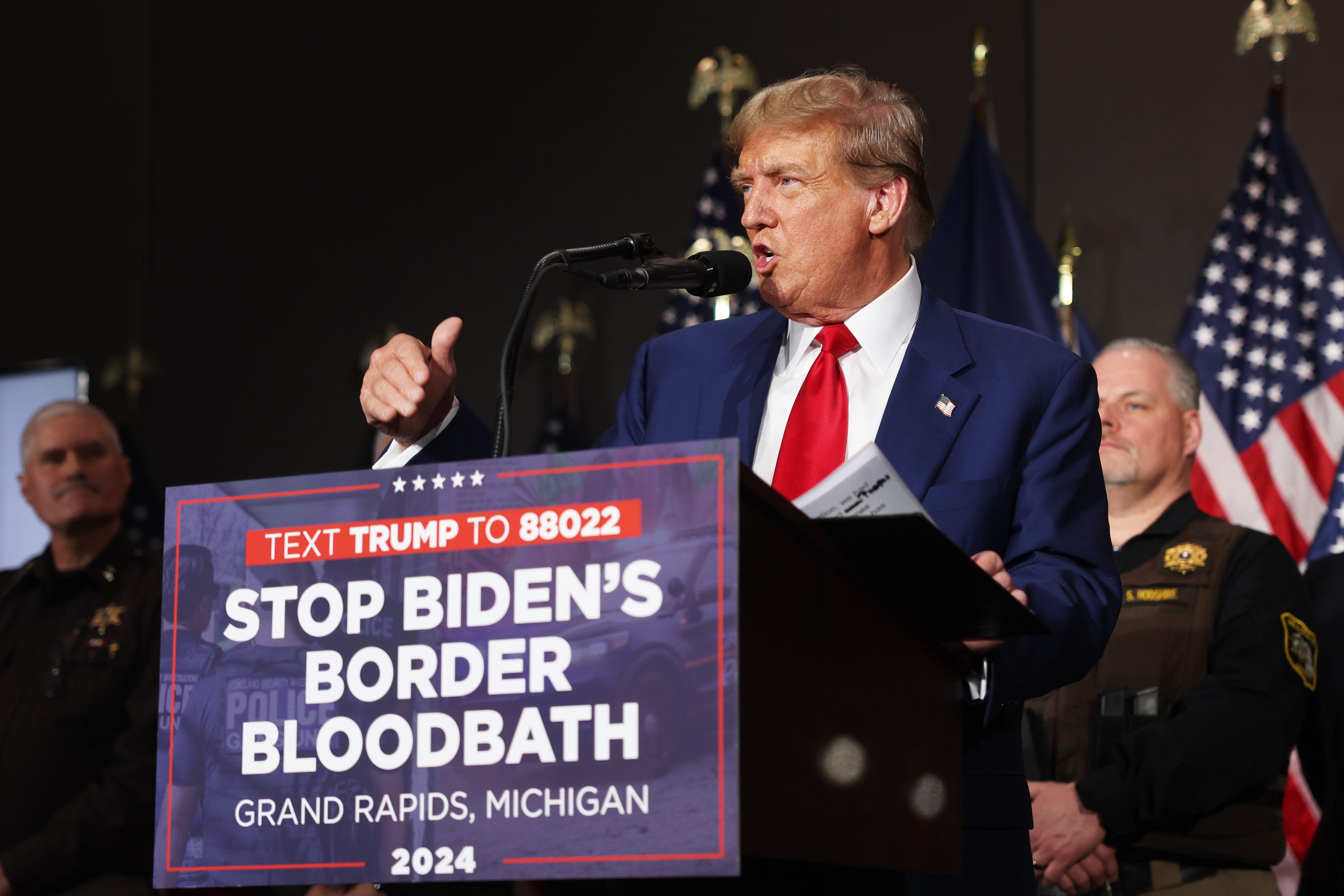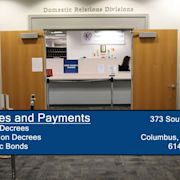Search results
News about Brett Kavanaugh, Supreme Court, Goodwin Liu
News about Nebraska Supreme Court, federal appeals court, Oklahoma
Also in the news
4 days ago · This article deals with the operations of the judicial branch of government. It explores some of the fundamental relationships of this branch with legislative and executive branches and analyzes the functions, structure and organization, and key personnel of courts, the judges.
court of law. Historically, a court of law is a court with the power to grant monetary damages. Traditionally, English courts followed a distinction between courts of law and the courts of equity, which could only grant remedies other than monetary damages, including injunctions , writs, or specific performance .
Courts apply the law to specific controversies brought before them. They resolve disputes between people, companies and units of government. Often, courts are called on to uphold limitations on the government. They protect against abuses by all branches of government.
People also ask
What is a court of law?
What is a federal court?
What does a court do?
What is the judicial branch?
Article III of the Constitution establishes the judicial branch of the national government, which is responsible for interpreting the laws. At the highest level, the judicial branch is led by the U.S. Supreme Court, which consists of nine Justices. In the federal system, the lower courts consist of the district courts and the courts of appeals.
A court is any official tribunal presided over by one or several judges in which legal issues and claims are heard and determined. The U.S. system is composed of federal courts and state courts . Article III, Section I of the U.S. Constitution establishes the U.S. Supreme Court as the highest court of the land.
A court is any person or institution, often as a government institution, with the authority to adjudicate legal disputes between parties and carry out the administration of justice in civil, criminal, and administrative matters in accordance with the rule of law. [1] .
Court Role and Structure. Federal courts hear cases involving the constitutionality of a law, cases involving the laws and treaties of the U.S. ambassadors and public ministers, disputes between two or more states, admiralty law, also known as maritime law, and bankruptcy cases.










